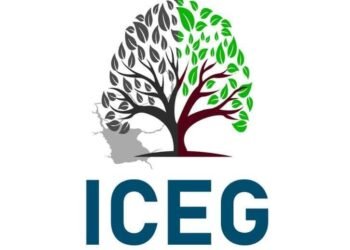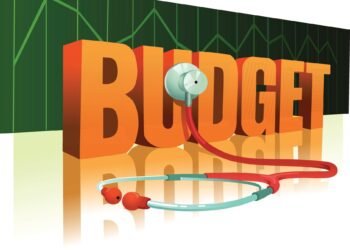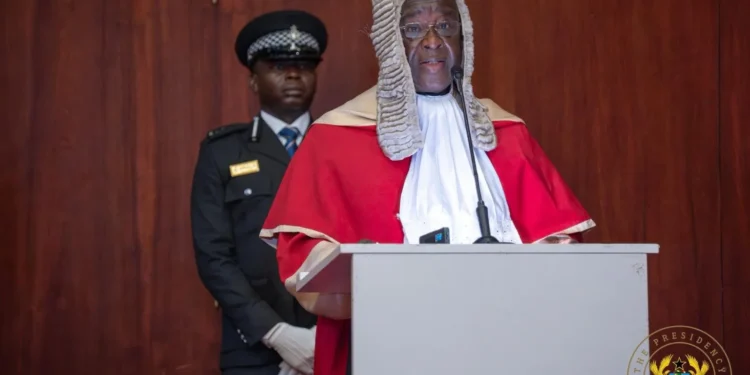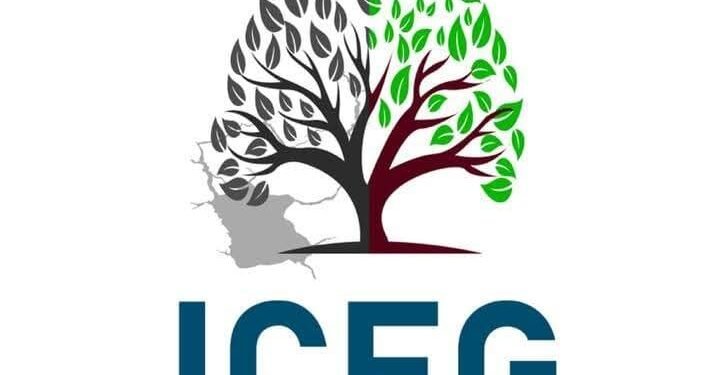The Ghana Revenue Authority (GRA) has officially implemented revised levies under the Energy Sector Levies Act, 2025 (Act 1141). The announcement, made public in Tariff Interpretation Order No. 2025/003, outlined significant changes in levy rates for various petroleum products, aimed at supporting debt repayment, stabilizing power supply, and funding infrastructure.
The adjustment, which takes effect from June 9, 2025, marks a bold step in government efforts to curb energy sector debt and improve operational sustainability.
“This TIO is issued to emphasise and enforce implementing changes resulting from the enactment of the Energy Sector Levies (Amendment) Act, 2025.
“The Act was introduced to raise additional revenue to support the payment of energy sector shortfalls, reduce energy sector legacy debts, stabilise power supply, and provide for related matters.”
Mr. Anthony Kwasi Sarpong, Commissioner-General of the GRA
Among the revised levy rates, motor spirit (petrol) and gas oil (diesel) stand out with dramatic hikes. The levy for light oils such as petrol has increased from GHS 0.95 to GHS 1.95, while that for gas oil (AGO/Diesel) has risen from GHS 0.93 to GHS 1.93.

Marine gas oil shows a mixed trend. While foreign-sourced MGO now attracts a levy of GHS 1.93 (up from 0.93), the locally produced variant sees only a modest increase from GHS 0.03 to GHS 0.23.
Heavy fuel oil used in industrial settings is also affected. The levy rises from GHS 0.04 to GHS 0.24, a sixfold increase that is expected to raise concerns within manufacturing and heavy industry sectors.
The steepest increase is observed in partially refined crude oil, including naphtha, which now carries a levy of GHS 1.95, up from GHS 0.95—a more than 100% rise. This signals the government’s intent to tap into upstream petroleum revenues to cushion the downstream sector’s financial gaps.
Surprisingly, the rate for liquefied petroleum gas (LPG) remains unchanged at GHS 0.73, possibly in a bid to protect households and small businesses reliant on LPG for cooking and heating.
Transitional Provisions for Petroleum Marketing Companies

The GRA issued a transitional arrangement to ensure clarity and avoid disruptions in the fuel supply chain. Petroleum Product Marketing Companies (PPMCs) lifting products before June 9, 2025, will continue to be charged under the old levy rates.
However, for cash-and-carry PPMCs, any payments made where the products are lifted on or after June 1, 2025, will be subject to the new tax regime—even if payment was made under the old rates.
“Strict compliance is expected. This policy shift is in line with national economic recovery priorities and will be enforced without exceptions.”
Mr. Anthony Kwasi Sarpong, Commissioner-General of the GRA
The policy has stirred discussion among petroleum industry stakeholders and economists. Some welcome the reform as a long-overdue fiscal correction.

However, others fear that the levy increases could trigger inflationary pressure, particularly through higher transport costs and energy prices for consumers.
The Tariff Interpretation Order, backed by legislative reforms, comes at a critical moment for Ghana’s energy sector. Years of underinvestment, tariff misalignments, and legacy debts have made cost recovery a persistent challenge.
“The Act is part of broader structural reforms. Our role is to ensure transparent and effective collection to protect the national interest.”
Mr. Anthony Kwasi Sarpong, Commissioner-General of the GRA
Whether this fiscal recalibration will yield the intended results without burdening the ordinary Ghanaian remains to be seen. As the new rates take effect, all eyes are now on how the market and consumers will respond in the weeks ahead.
READ ALSO: Ghana’s Economic Recovery Gains Ground, But Reforms Must Deepen – Bank of Ghana Warns























